Editor’s Note: When she moved into a new home, NextTribe founder Jeannie Ralston discovered among her files this article, which was originally appeared in Redbook Magazine exactly 30 years ago. She was struck by the fact that her mother in the story was approximately the same age she is today. Today, in honor of Mother’s Day and in the spirit of NextTribe travel, we’re re-publishing this account of a shared adventure–both weird and wonderful–that took their relationship to a new level of understanding.
***
Through the rhythmic sawing of crickets, my mother and I could hear a low rumble as we stumbled through the dark with a flashlight toward a faint glow in the distance. Holding onto each other and giggling nervously, we made our way over stones and past cactuses. When we arrived at a clearing in a grove of trees, we saw a group of women sitting around a campfire, beating on large drums.
As we sat down by the fire, the woman next to me explained that the drumming was “to tell Mother Earth you feel her heartbeat inside of you.” We’d been told to bring drums, but I’d forgotten to take ours out of the car. Someone handed us a tambourine. Tentatively, my mother and I began to add our meek jingles to the deep, driving thump.
This was our first taste of the Mother-Daughter Wild Woman Gathering, a weekend retreat near Fort Worth, Texas intended to help women “close the generation gap…by learning to reach out in new ways.” The brochure promised good food, talks, dancing, and songs. All I had to bring was a drum and my “wild woman,” a term for the adventurous spirit that was supposedly inside all women that society has taught us to repress.
Read More: Cass Elliot’s Daughter Talks About the Star’s Bravery
Who, Us? Wild Women?
I’m no New Age zealot, but I’d been hearing a lot about this wild woman stuff – one book about it, Women Who Run with Wolves, had been on the national bestseller list for more than a year. Clearly, the idea has touched a chord with thousands of women, and dozens of touchy-feely workshops and retreats have popped up around the country. I was intrigued and wondered whether it could apply to my life.
I asked my 64-year-old mother to join me for the weekend because I wanted to be closer to her, and this seemed like an ideal, if unusual, opportunity. We didn’t have a bad relationship, but it could have been better. When I was growing up, we’d have lots of stubborn duels over the length of my skirts and the length of my dates. After I left home at 21, we clashed over the fact that I refused to settle down like my five brothers and sisters. Instead, I moved to New York City after college for a career in publishing, traveled the world, and put off marrying until the age of 31. My mother and I talked on the phone every week, and I saw my parents a few times a year, but I still resented my mother for not approving of my life.
I saw my parents a few times a year, and I still resented my mother for not approving of my life.
My friends considered me brave for even thinking about sharing a pup tent with my mother for two days. As the weekend approached, I grew nervous. Maybe I had some long-ignored rage (New Age lingo for anger) toward her, just waiting to come to the surface. Didn’t almost everybody, if you judge by Geraldo? And how was my sweet, sheltered mother from Tennessee going to handle the flakiness of this adventure?
Out of the Frying Pan, Into the Bonfire
We’d left the little campfire in the grove and marched to a huge bonfire, banging on tambourines like good wild women. One of the weekend leaders led us in dances in which we imitated birds and armadillos. I flapped my arms in a halfhearted attempt, relieved that we were in the dark. But that was just a warm-up.
“I want you to close your eyes,” the leader said as we swayed to the drumbeat, “and tell your body to show what you love most about being your mother’s daughter.” I froze, overcome with self-consciousness. I peeked at my mother to see if she was snickering yet. Instead, she was earnestly following the directions, rolling her head from side to side and making large figure eights in the air with her hands. I looked around at the other women, who were dancing enthusiastically, spinning and whipping their hair around.
What am I missing? I wondered. I decided that in order to get anything out of the weekend, I’d have to participate even if I felt foolish. After some effort, I recalled the times my mother would rub my back when I couldn’t sleep, a treasured bit of attention in a crowded house. Sheepishly, I began to sway, holding my arms as if cradling something.
“Now step into your mother’s moccasins or high-heeled shoes,” the leader said in a soothing voice. “And dance what your body tells you is hard for your mother.” I thought about how rough it was for my mother, who’d devoted her life to raising six kids, to adjust after we all left home. Trying to forget how preposterous I looked, I opened and closed my hands as if letting go of something. I peered over at my mother. With her eyes closed, she continued her swirling hand movements.
Trying to forget how preposterous I looked, I opened and closed my hands as if letting go of something. Then I peered over at my mother.
When we were danced out, my mother and I snuck away from the bonfire like truants to set up our tent. As we fumbled with the canvas, I told her I could barely keep from laughing during the dance. “What were you thinking about?” I asked.
My mother said she’d remembered a coat her mother made for her during the Depression. “She took an old man’s coat and resewed it,” she told me, stepping on a stake to push it into the ground. “It was really warm but ugly, and I said I’d never wear it. It hurt her feelings so much.”
A New Perspective on My Mom
It was a sad story, but I couldn’t help thinking: What about me? I’d expected her to remember something from my childhood. I’d forgotten she wasn’t just my mother, but also someone’s daughter, with a childhood of her own. When we finally got the tent set up, we spread out our sleeping bags and climbed inside.
“Think this is too weird?” I asked.
“No, it’s kind of like the Girl Scouts,” my mom said cheerfully. “The Girl Scouts meet Shirley MacLaine.”
After breakfast the next morning, we gathered at the campfire, and I got my first good look at the other 35 or so women. Many wore tie-dye shirts and Birkenstock sandals, but others were in sweats or jeans and looked as if they’d be at home in any mall.
Later I would find out that for the most part, these women weren’t very different from me and or my friends. Most were in their thirties and forties and about two-thirds had kids. There were teachers, photographers, nurses, and business owners. Strangely, only five women were with their mothers. The others had come alone to work out their feelings about a confrontation.
A leader divided us into groups of four and instructed us to tell each other what it was like to grow up as our mother’s daughter. My mom went first. “My mother used to tell the neighbors how proud she was of me, but she never told me until about five years ago,” she said getting moist-eyed. “One night when she was sick, she pulled me down on the bed next to her and said, ‘I love you so much. You‘re a wonderful daughter.’”
One night, my mom pulled me next to her,” my mother shared, “and she said, ‘I love you so much. You’re a wonderful daughter.'”
I thought how glad I was that my mother had always been able to tell me and my siblings she loved us. In a teary voice, the woman in our group described the confusion she felt as a child when her mother divorced her father to move in with a female lover. While she talked, I heard weeping all around me–it was like being at a book reading of The Bridges of Madison Country. I looked around and saw women bent over, their faces twisted in sobs.
Speaking My Truth
Then it was my turn. I faced my mother. “I feel like because I’ve never done the traditional thing, you haven’t accepted how I live, “ I blurted out. I braced myself for one of her lectures on how much I would regret putting off marriage and kids for my career.
“You feel that?” my mother asked, seemingly genuinely surprised. “Oh, you should never feel that,” she said, placing a hand on mine. “I brag about you all the time, I’m really proud of you.” She turned to the other women, “She doesn’t know it, “ my mother said. “But I’ve always stood up for her.”
“What do you mean?” I asked.
“When your dad was ranting and raving that you would never settle down, I told him to leave you alone.”
“You did?” I was stunned. My parents had always seemed to present a united front. “Well, thanks,” I whispered, wondering why she hadn’t let me know this before.
I was relieved to have survived this round dry-eyed and still speaking to my mother. But the emotional explosion wasn’t over yet.
Going Wild, But Getting Wiser
We were all asked to kneel down facing the trees and let out our emotions.
Amazingly, most women started to bellowing, shrieking, and pounding their fists on the ground.
“It sounds like childbirth,” my mother said, as we knelt on the ground, trying to hide our cringes. “I feel bad that we don’t really have anything to cry about.” This certainly isn’t the right place for people like us with such lightweight problems, I thought.
At lunch, we were in for more sparks. “Today we’re going to eat with our hands like women did back in the Stone Age,” announced a leader. “To connect even more with these women, we’re going to communicate only with grunts and squeaks,” Women giggled as they tried out imitations of barnyard animals. But I was not amused. I was hungry. If I’d wanted to eat with my hands, I’d have ordered a pizza.
Platters of cantaloupe, tortillas, guacamole, bean dip, and corn on the cob were placed in front of us. As everyone else dug in with noises of delight, my mother and I ate quietly, like two new kids at school who don’t get inside jokes. Then a woman beside me held a piece of tortilla dipped in guacamole up to my mouth, and I noticed that others were feeding their neighbors. I reluctantly accepted her offer, and then my mother, who’d caught on, fed me a piece of broccoli dipped in salsa.
Suddenly a corncob came hurling toward me, and someone plastered a friend’s face with bean dip, the two of them shrieking the whole time. I heard a high-pitched laugh from my mom and saw that a woman had just rubbed guacamole all over her cheeks. I grabbed a napkin and wiped her face, whispering apologies. My mother was tensely forcing a smile. “We can go back to the tent whenever you want,” I told her under my breath. She gamely insisted that she was all right. “No, I want to go,” I said standing up. Several other women were leaving, too.
“You’re so good to put up with this,” I said when we got back to the tent.
“I didn’t really like it,” she admitted.” “But in my old age, I’m trying hard not to judge.”
“If this is what the rest of the weekend is like,” I told her, “we can always leave.”
“Let’s just see how the afternoon goes,” she said.
Later that day we were called together to discuss our peculiar midday meal. Glenna Chappell, the weekend’s organizer, explained that the lunch was supposed to break down the structures–such as table manners–that civilization puts on us.
When my mother raised her hand, I cringed. I guess the teenage fear that your parents might embarrass you never disappears.
“I just thought it was so wasteful,” she said firmly. “An ancient woman who had to till the soil, plant and harvest the corn, and prepare the meal would have never desecrated food like that.” I noticed other women nodding. “I didn’t mind feeding each other because that’s what moms do; feed kids and grandkids,” she continued. “But I didn’t like playing with it. I think we take food for granted these days.”
Well said, I thought, relieved and, I had to admit, impressed.
Seeing Each Other in a New Light
At dinner that evening Glenna approached me and said, “Your mom is great. She jumps right in, and she’s incredibly wise.” Another woman told me how refreshing my mother’s honesty and clarity were. I felt very proud. That night in our tent, I told her about the compliments. “When you have six kids, you either get wise or crazy,” she said, laughing. Lying on our sleeping bags, talking about the day, I felt as if we were two girls at a slumber party. I told her how glad I was she was there to laugh with me.
I could have said no when you invited me,” she said, “but I didn’t want to look back and think, I should have gone on that weekend with Jeannie.”
“When you invited me,” my mother said, “I could have said, ‘No, your sister needs me to babysit’ or a hundred other reasons that would have been actual lies. But the real reason would have been that I was scared. I decided that I didn’t want to look back and think, I should have gone on that weekend with Jeannie. We hardly ever get to be alone, and I wanted this memory.” She smiled at me, a warm mother’s smile.
At our final gathering on Sunday morning, a performance artist from Austin turned on a tape of Bette Midler singing “The Rose,” then donned clown makeup and oversized pants with rainbow suspenders. As she led four women into the middle of the circle, I tried to figure out where the act was leading.
After placing buckets of water in front of the women, she tenderly bathed their hands with a washcloth. To my surprise, every woman began crying when it was her turn. Oh no, I thought, not more tears. Couldn’t there be one event that was happy instead of a catharsis for some deep agony?
Then they were told to wash the hands of someone else in the circle. One woman knelt before me and took my hands. At first, I tried not to look at her because I didn’t want to be sucked into the crying fest, but then I noticed she was grinning through her tears. A powerful sense of well-being rose in me, and, before I could stop them, tears were slipping down my cheek.
I took the bucket and knelt before my mother. Squeezing the washcloth over her hands, I looked up at her face. Tears were threatening to spill out of her eyes. As I slowly bathed her hands, I studied them. They were just like mine except for some veins and age spots. I found myself rubbing the spots, wishing I could wipe them away and make her young again. When I finished, I hugged her hard. “Why are we all crying?” I asked her.
“Because,” she said, blotting her eyes with a tissue, “women are always taking care of everyone else. We hardly ever get taken care of ourselves.” She slipped her arm around me. “It was so nice for you to wash my hands. I thought of all the times I washed your little hands growing up.”
I remembered a poster my mother gave me when I went off to college. It said, “The only failure is the failure to try.” Maybe she encouraged me more than I realized.
We held each other tightly. Bette Midler was singing “It’s the soul afraid of dying that never takes a chance.” The words reminded me of a poster my mother gave me when I went off to college. It said. “The only failure is the failure to try.” I’d forgotten about it until now. Maybe, I thought, my mother had encouraged me more than I realized.
When the music stopped, we were told to take out our drums. I’d brought along two old, colorful ones I’d bought on my trip to Bali. Later my mother and I would agree that the weekend might be more valuable to more people if it were less weird. But right then we weren’t thinking about that at all. We just picked up our drums and started laughing and banging away.
Read more: Packers’ Remorse: The Common Mistakes Travelers Make
This article was originally published in Redbook Magazine in May 1994.

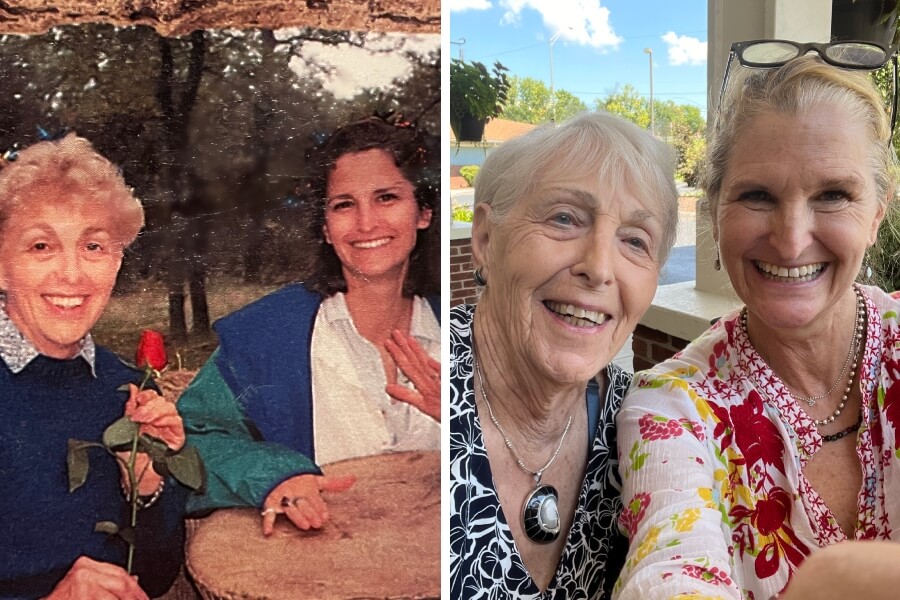
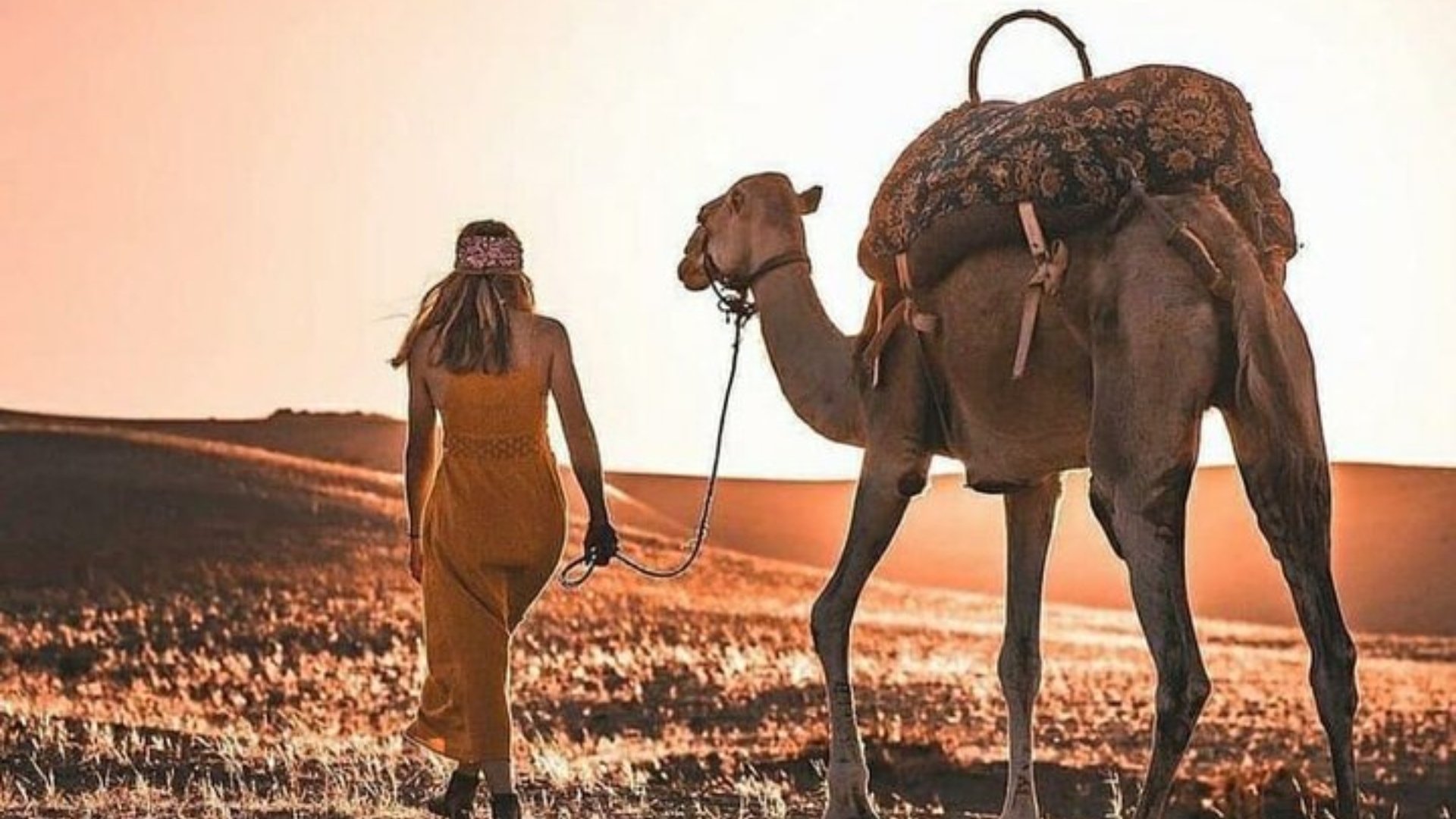





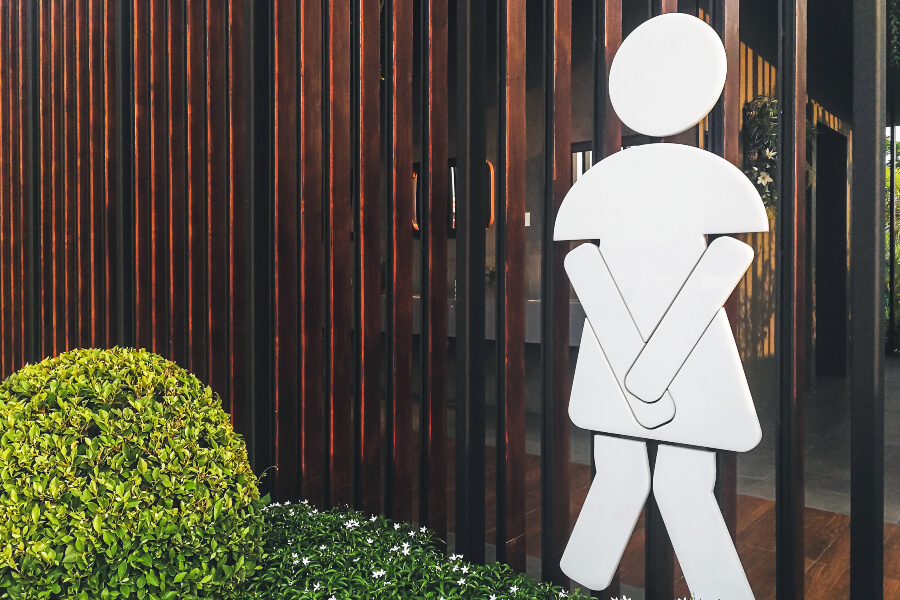


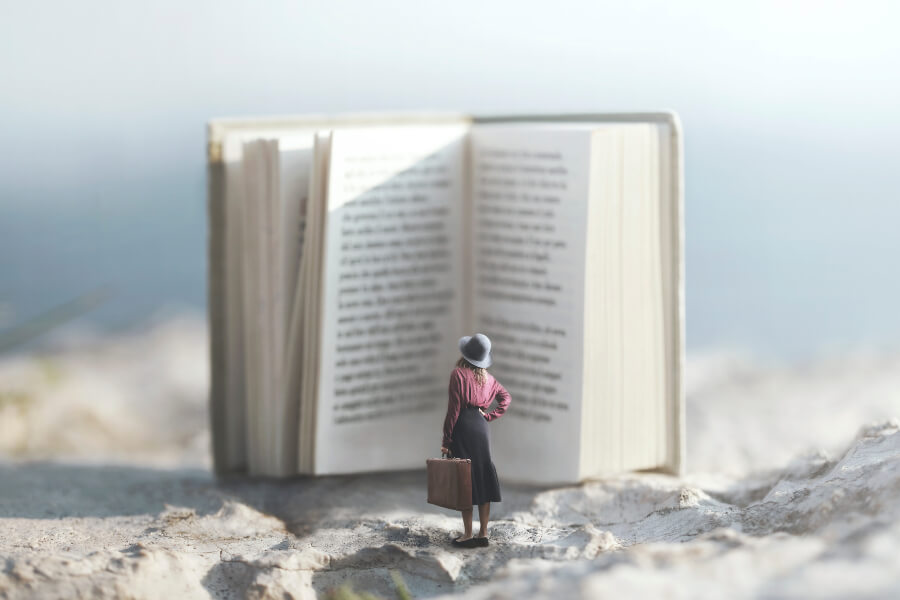
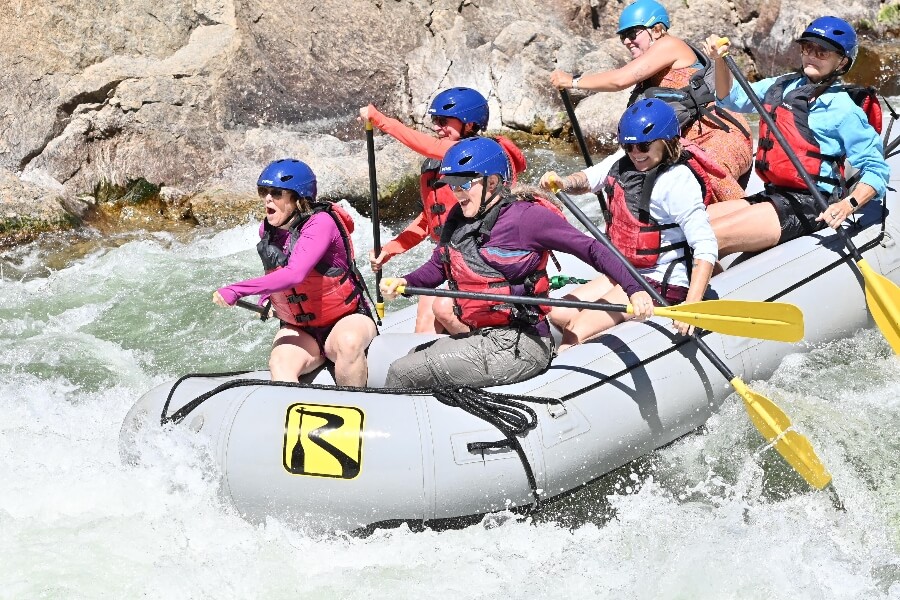

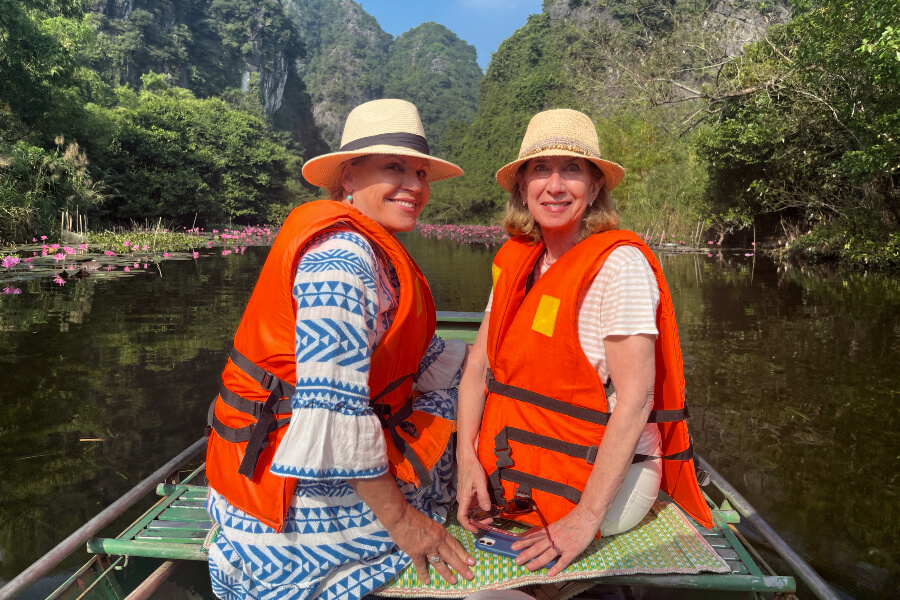
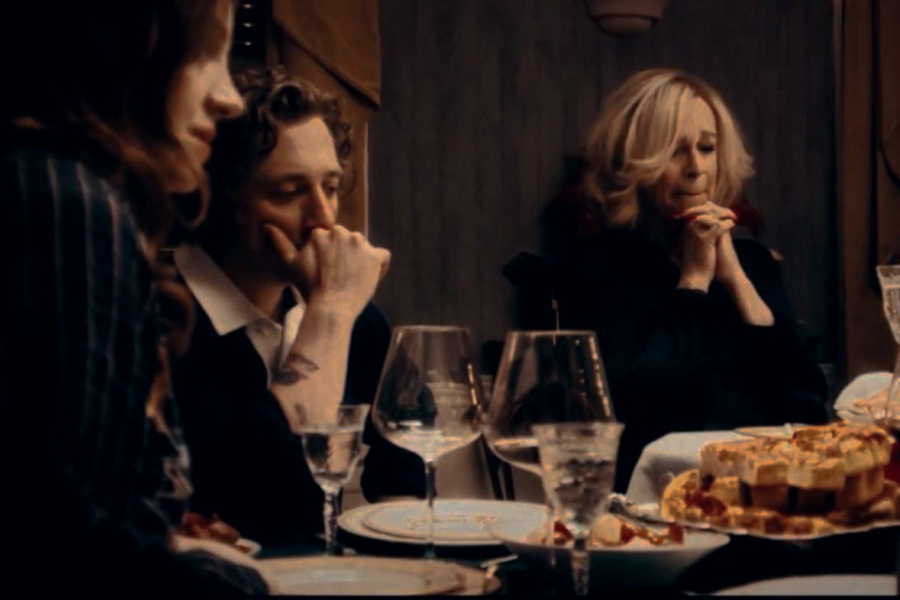
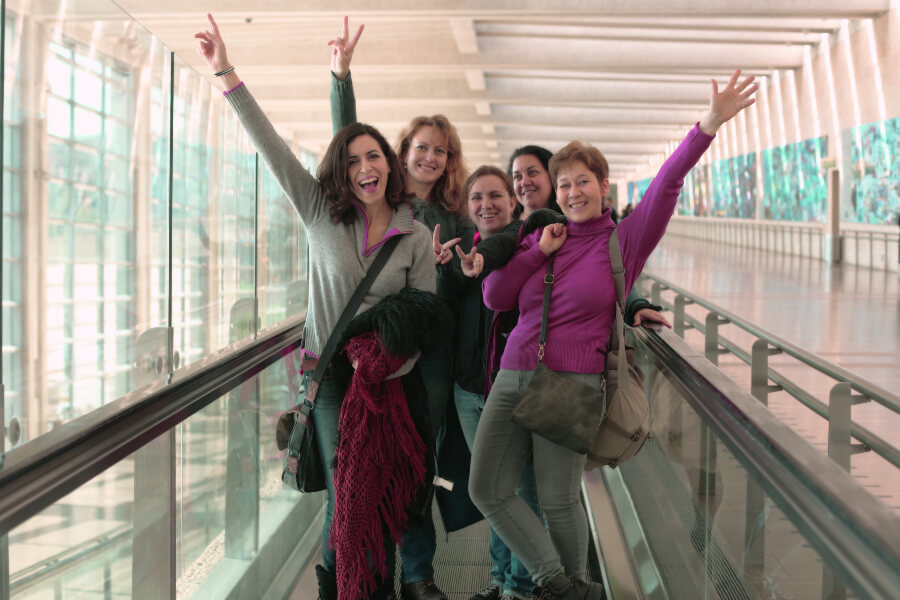
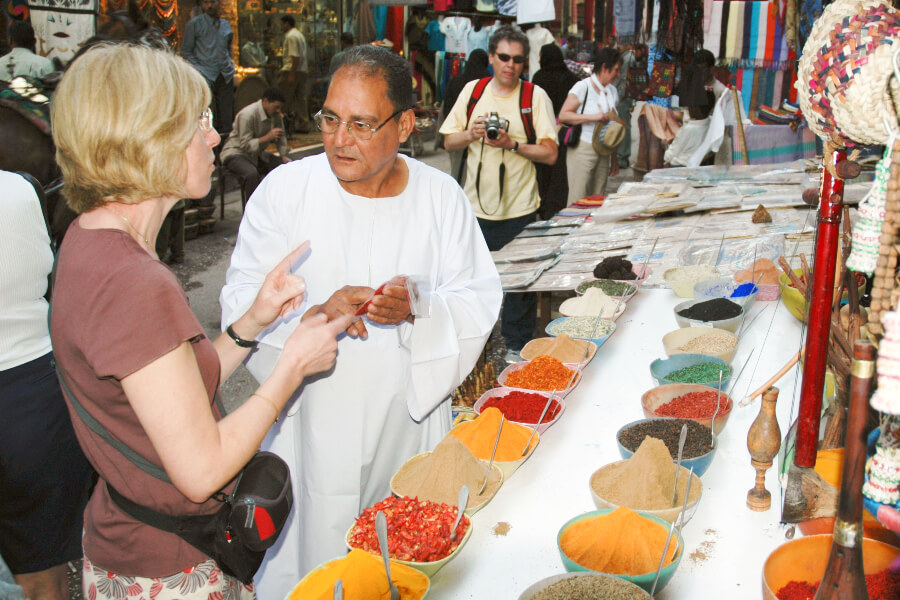
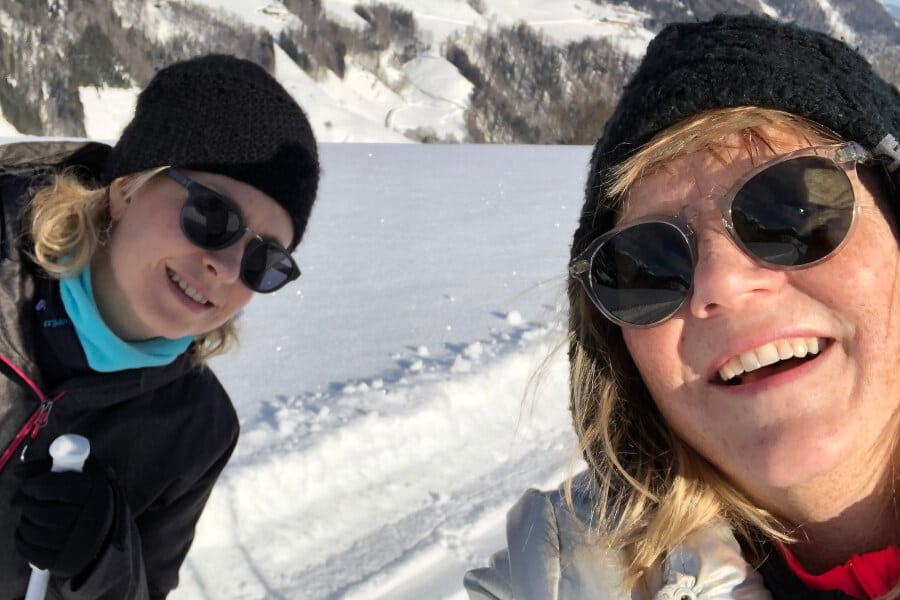
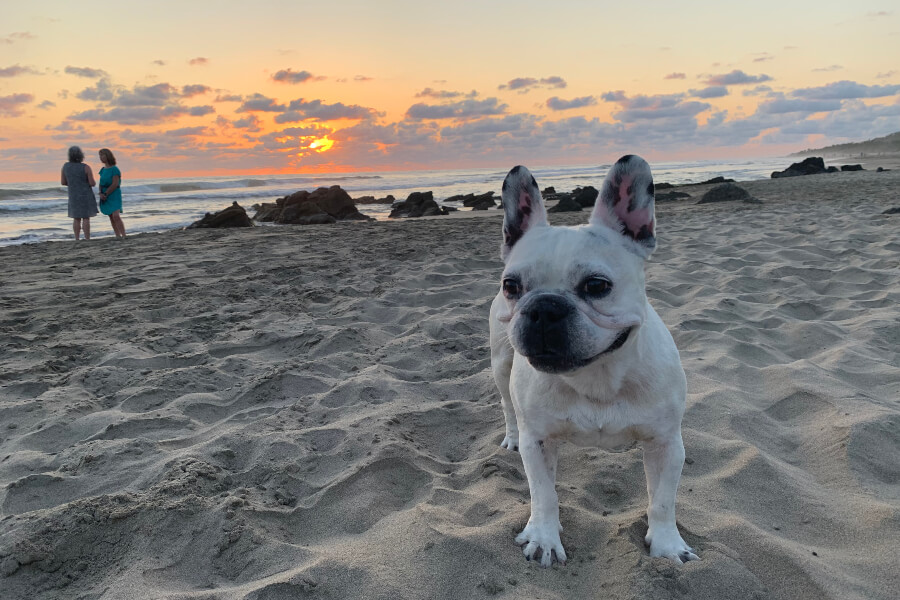
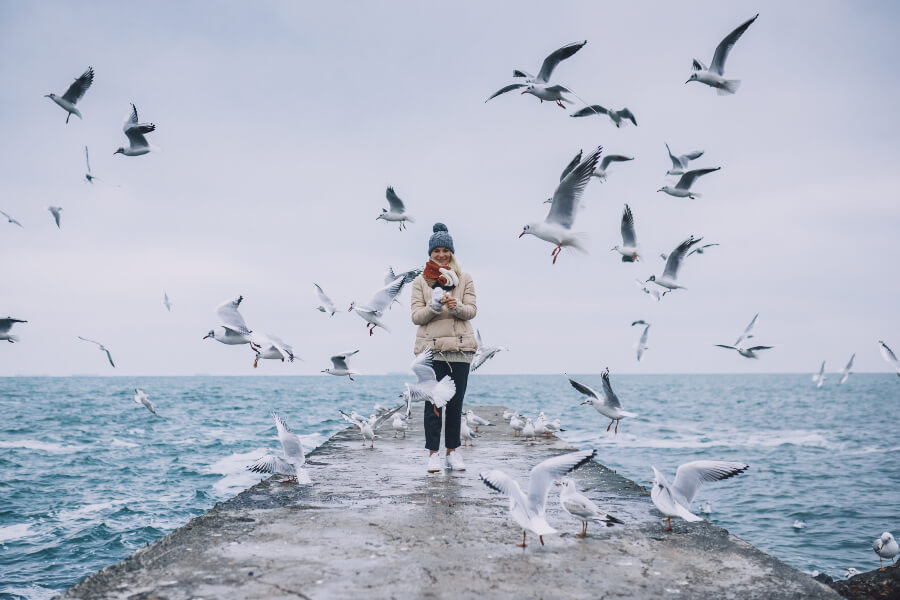
0 Comments